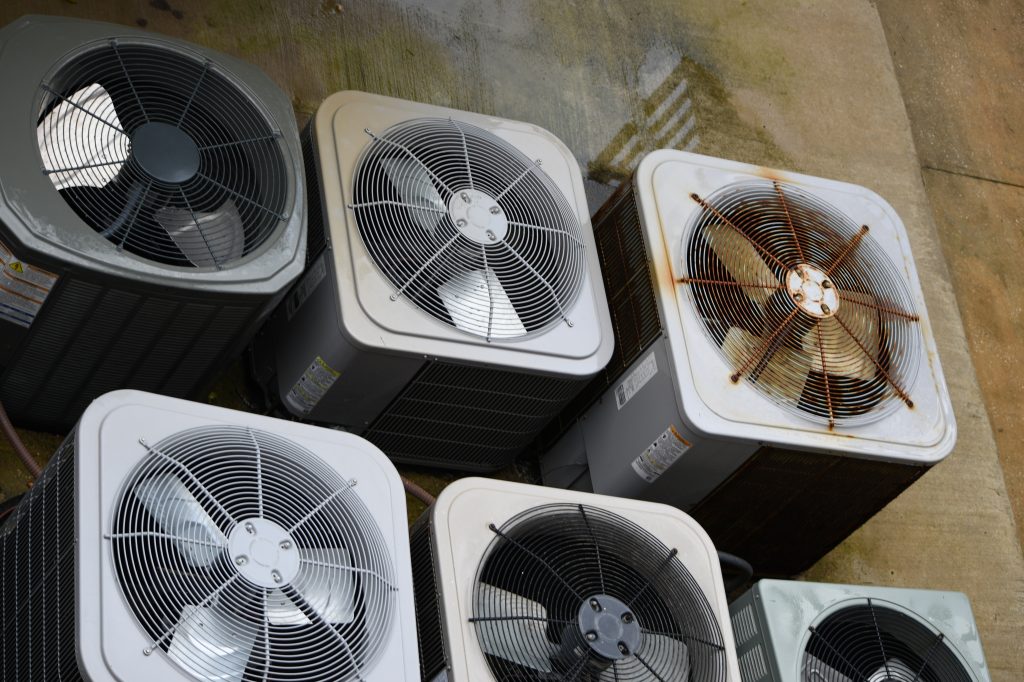Regular scheduled maintenance can help reduce the risk of problems occurring with your HVAC system. These will ensure that critical components are working properly and that older components are replaced in a timely manner.
Often, HVAC systems can become more efficient over time as the usage of the building changes and develop. If the layout of the building changes then this will impact the performance of your HVAC system.
In this case, your HVAC system may need to be retro or re-commissioned. The commissioning process helps identify any design or installation issues that may affect the system’s performance or efficiency. This includes identifying any areas where the system may be leaking air, not providing adequate heating or cooling, or not maintaining appropriate humidity levels.
The HVAC specialists at ECS can ensure that your HVAC system is well-maintained and working as efficiently as possible.
Contact us to find out more about our services and how we can help.


